“There is a misconception that Buddhism is a religion and that you worship Buddha. Buddhism is a practice, like yoga. You can be a Christian and practice Buddhism. I met a Catholic priest who lives in a Buddhist monastery in France. He told me that Buddhism makes him a better Christian. I love that.”
– Thich Nhat Hanh
This quote by Thich Nhat Hanh, “There is a misconception that Buddhism is a religion and that you worship Buddha. Buddhism is a practice, like yoga. You can be a Christian and practice Buddhism. I met a Catholic priest who lives in a Buddhist monastery in France.
He told me that Buddhism makes him a better Christian. I love that,” offers a profound insight into the nature of Buddhism and its universal applicability. Here’s a detailed breakdown of its meaning:
“There is a misconception that Buddhism is a religion and that you worship Buddha”:
Thich Nhat Hanh begins by addressing a common misunderstanding about Buddhism. Many people perceive Buddhism as a religion similar to Christianity, Islam, or Hinduism, with formal worship practices centered around a deity—in this case, Buddha.
However, Thich Nhat Hanh clarifies that this is a misconception. Unlike theistic religions, Buddhism does not revolve around worshiping a god or gods. Instead, it focuses on a set of practices and teachings aimed at personal development and enlightenment.
“Buddhism is a practice, like yoga”:
In this statement, Thich Nhat Hanh likens Buddhism to yoga, emphasizing its nature as a practice rather than a religion. Just as yoga involves physical, mental, and spiritual practices to improve well-being and achieve harmony, Buddhism encompasses practices such as meditation, mindfulness, and ethical living. These practices are tools for individuals to transform their minds, achieve inner peace, and cultivate compassion.
“You can be a Christian and practice Buddhism”:
Thich Nhat Hanh highlights the compatibility of Buddhism with other religious beliefs. He asserts that one can adhere to another faith, such as Christianity, while also practicing Buddhist techniques. This perspective promotes a harmonious coexistence of different spiritual traditions, recognizing that the core practices of Buddhism can enhance one’s spiritual life without conflicting with other religious beliefs.
“I met a Catholic priest who lives in a Buddhist monastery in France”:
This anecdote serves as a powerful example of the inclusive and universal nature of Buddhist practices. The Catholic priest, despite being a devout Christian, finds value in residing in a Buddhist monastery. This coexistence illustrates that the practices of Buddhism can complement and enrich the spiritual journey of individuals from various religious backgrounds.
“He told me that Buddhism makes him a better Christian”:
The priest’s testimony underscores the transformative power of Buddhist practices. By incorporating Buddhist principles such as mindfulness, compassion, and meditation, the priest feels that his Christian faith is strengthened. This integration of practices from different traditions highlights the potential for personal growth and spiritual enrichment through the cross-pollination of ideas and techniques.
“I love that”:
Thich Nhat Hanh’s expression of love for this integration reflects his belief in the universality and inclusiveness of Buddhist practices. He values the way Buddhism can enhance other spiritual paths, fostering a sense of unity and shared human experience across different faiths.
In essence, this quote by Thich Nhat Hanh challenges the narrow view of Buddhism as merely a religion and invites us to see it as a set of practices that can benefit anyone, regardless of their religious affiliation. It emphasizes the practical aspects of Buddhism—meditation, mindfulness, ethical living—and their ability to complement and enhance other spiritual traditions.
Moreover, Thich Nhat Hanh’s message encourages openness and inclusivity in our spiritual practices. By recognizing the value of practices from different traditions, we can enrich our own spiritual journeys and foster a deeper sense of connection with others. This perspective promotes a more harmonious and interconnected world, where diverse beliefs and practices are respected and appreciated.
The quote also highlights the transformative power of Buddhist practices. By incorporating mindfulness, meditation, and compassion into our daily lives, we can achieve greater inner peace, clarity, and empathy. These practices help us navigate the complexities of modern life with greater resilience and understanding, ultimately leading to a more fulfilling and harmonious existence.
Furthermore, Thich Nhat Hanh’s message encourages us to break down the barriers that often divide different religious and spiritual traditions. By focusing on the shared values and practices that unite us, we can foster a greater sense of unity and cooperation in our global community.
In conclusion, Thich Nhat Hanh’s quote offers a profound lesson on the nature of Buddhism and its universal applicability. By emphasizing Buddhism as a practice rather than a religion, he invites us to see the value of its techniques in enhancing our spiritual lives, regardless of our religious affiliation. This inclusive perspective promotes harmony, understanding, and personal growth, fostering a more interconnected and compassionate world.
Read More: Powerful Thich Nhat Hanh Quotes: Remembering The Revered Zen Buddhist Monk
Thich Nhat Hanh Quotes, living buddha living christ, quote by thich nhat hanh, quote from thich nhat hanh, christ and buddha thich nhat hanh, buddha quotes, buddhism quote, buddhist sayings, buddha quotes on peace, best buddha quotes, short buddha quotes, Spiritual Quotes, spiritual quotes about life, short spiritual quotes, spiritual growth quotes, positive spiritual quotes, spiritual wisdom quotes, spiritual thoughts
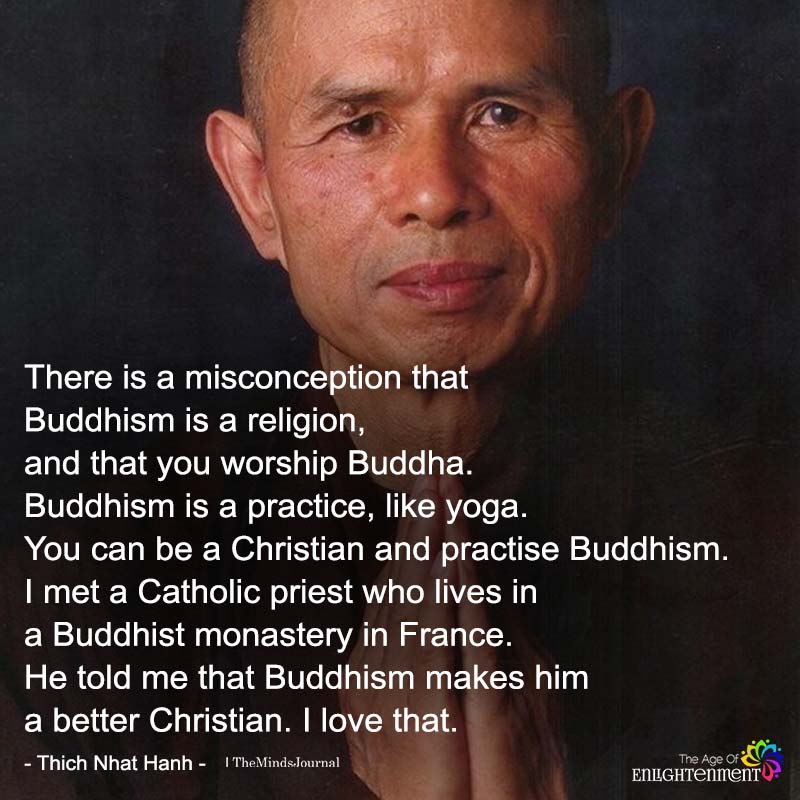


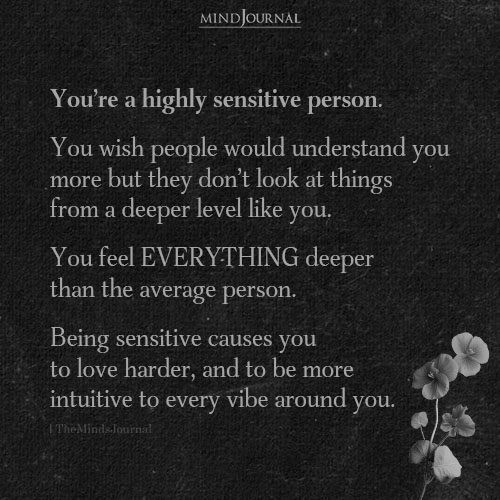



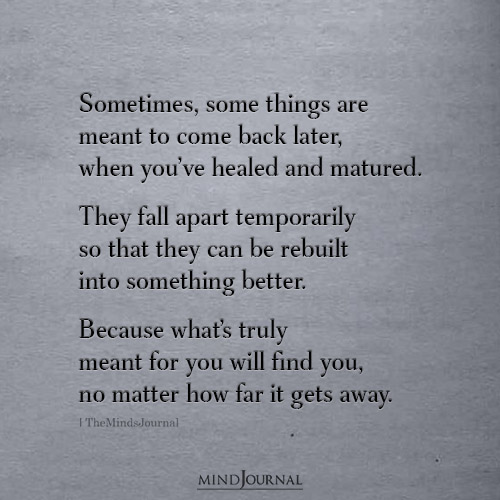

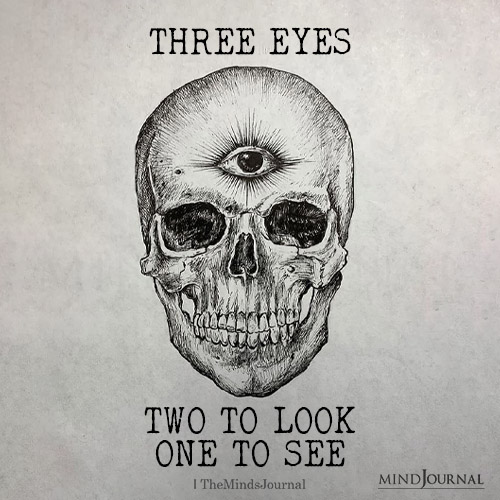
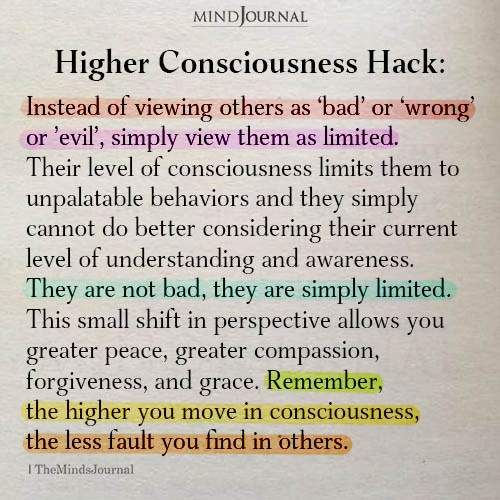
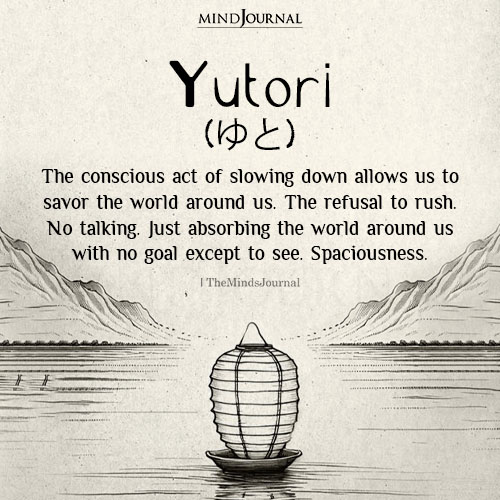
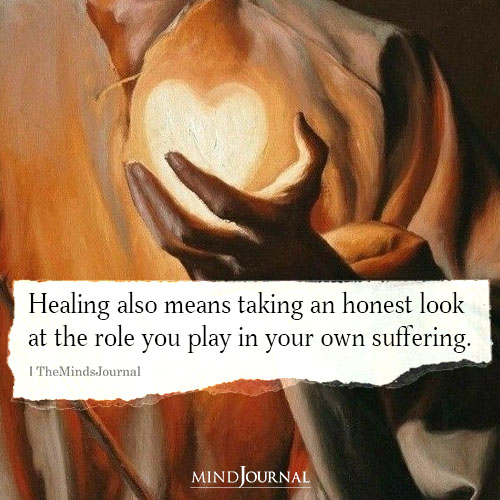
Leave a Reply
You must be logged in to post a comment.